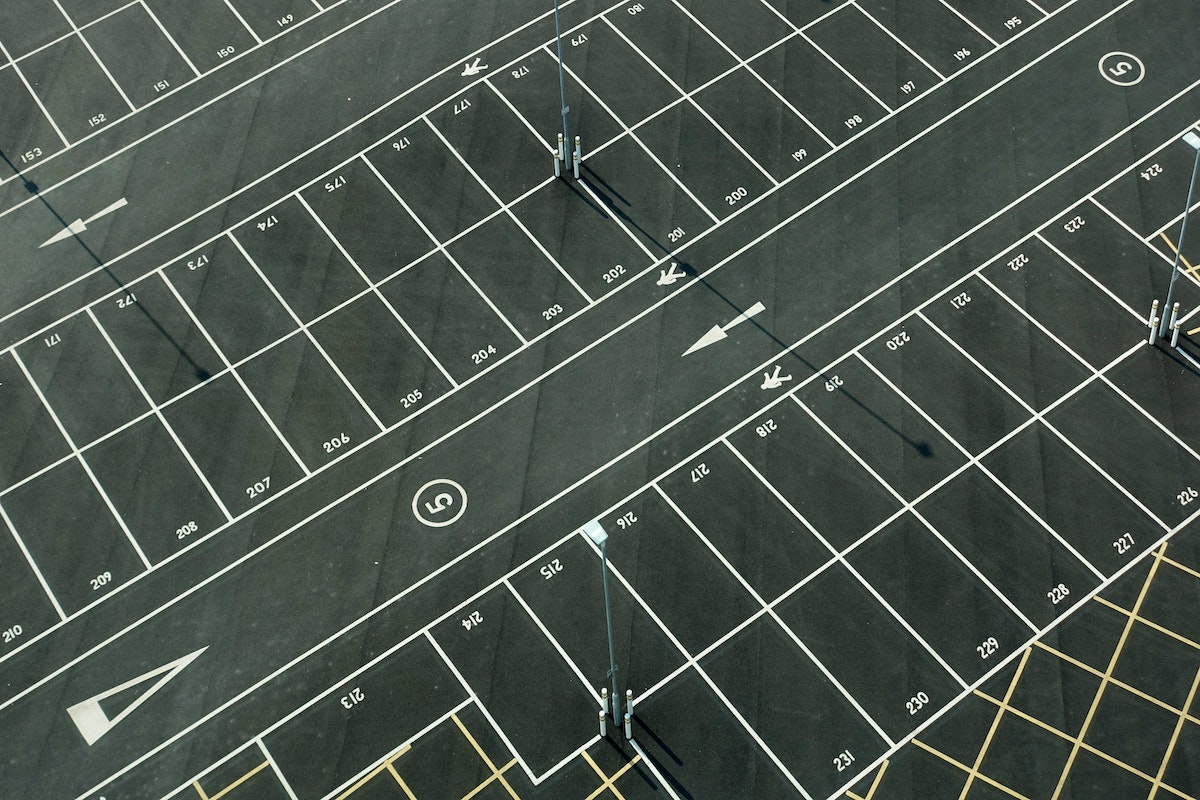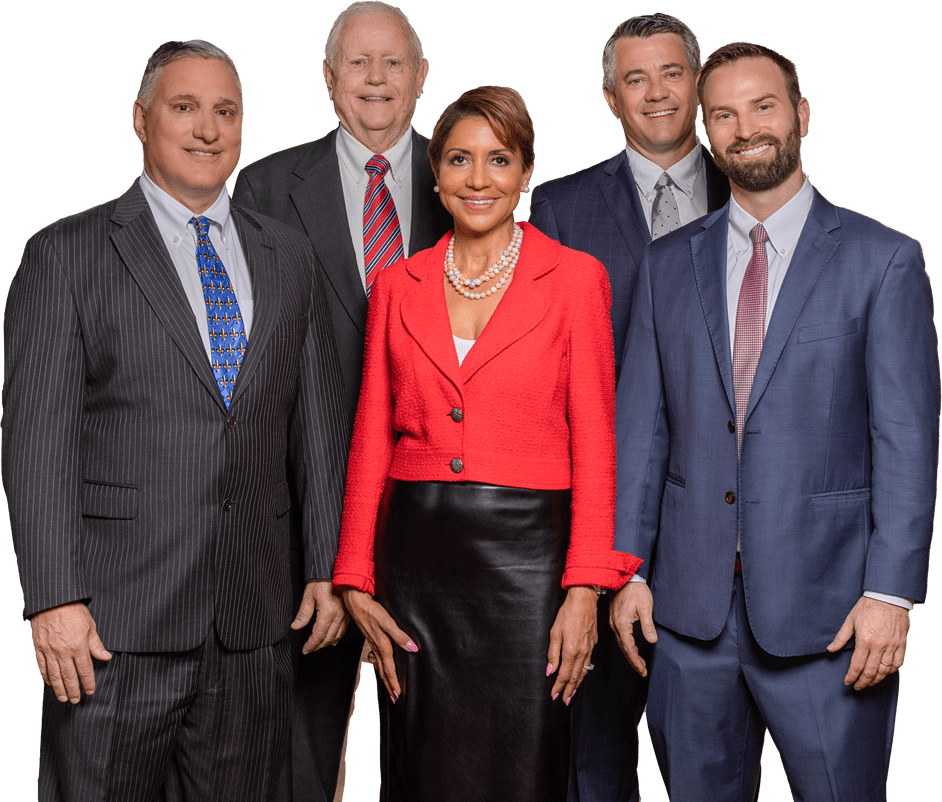
Approximately 50,000 crashes occur in parking lots each year – resulting in nearly 60,000 injuries and over 500 deaths.
Why are parking lots so dangerous? Research from the National Safety Council reveals that distractions, predominantly mobile phones, play a significant role in parking lot accidents. Drivers seem to take the slower speeds in parking lots as an opportunity to make calls, text, or use their devices, thus increasing the risk of accidents. Despite the slower pace, distractions can have serious, even fatal consequences.
A survey found a significant number of drivers felt at ease using their phones while driving in parking lots. Many admitted to not paying the same level of attention to parking lots as they do to roads, incorrectly assuming there’s less traffic and thus less risk.
These statistics underscore the importance of awareness around parking lot safety. It’s not just about property damage or minor fender-benders. These accidents can lead to serious injuries or even fatalities. Despite the lower speed limits, the dense concentration of cars, pedestrians, and the complex movement patterns contribute to these figures. Recognizing the scope and scale of parking lot accidents can shed light on the often-underestimated potential risks involved in everyday activities.
Parking lot accidents, often dismissed as minor incidents, can lead to significant injuries and damages. Despite being zones of reduced speed, these areas teem with potential hazards. Pedestrians, moving vehicles, blind spots, poorly designed layouts, and neglected maintenance all contribute to the risk factor. The reduced visibility during peak hours or due to bad weather conditions can further amplify these risks. The aftermath of such accidents can be complex, entailing not just medical expenses, but also the loss of income and the emotional toll of the incident.
Parking lots might seem like simple spaces, but the legal landscape is surprisingly complex. In most jurisdictions, parking lots are considered private property. Yet, traffic laws apply to them, often resulting in a unique mix of regulations. For instance, laws on speeding, reckless driving, or DUI apply in parking lots just as on public roads. Then there are specific rules about right-of-way and yielding, especially when it comes to pedestrians. Additionally, laws about premises liability come into play. This refers to the obligation of parking lot owners to maintain their property safely, ensuring it is free of hazards that could lead to accidents. With laws from multiple domains applying, understanding the legal context around parking lot accidents can be a task.
In parking lot accidents, determining who is at fault can be a complex task. The principle of liability is based on negligence – the failure to behave with the level of care that someone of ordinary prudence would have exercised under the same circumstances. For drivers, this could mean not observing right-of-way rules, speeding, or not paying attention to surroundings. However, it’s not only drivers who can be held liable. Parking lot owners also have a duty of care. If accidents happen due to poor maintenance, inadequate lighting, or faulty design, the property owner may be held responsible. As Louisiana is a comparative fault state, the definition of liability is not restricted to one party and can be shared, which makes it even more complex to determine. A personal injury lawsuit could portion 30% of fault to another motorist, 60% fault to the property owner, and 10% fault to the claimant if found to be partly responsible for the accident as well.
Determining fault in parking lot scenarios depends heavily on the specifics of the incident. For example, in accidents involving two moving cars, the driver who violated traffic laws is usually found to be at fault. If a driver backs into a lane of travel and collides with a moving vehicle, the driver leaving the parking spot is often held liable.
When an accident involves a moving car and a parked car, the moving car’s driver is typically considered at fault. Even if the parked car is in a no-parking zone, the driver of the moving car has a responsibility to avoid accidents.
If a pedestrian is hit, the driver is usually at fault, unless the pedestrian acted carelessly. If accidents occur due to poor maintenance or design of the parking lot, the property owner might be held liable. In essence, each scenario brings its own complexities when it comes to determining fault.
Insurance plays a significant role in parking lot accidents. In general, the at-fault party’s auto insurance is primarily responsible for covering damages, including vehicle repair costs and medical bills. However, if the at-fault driver is uninsured or underinsured, the injured party’s own insurance may need to cover the expenses, depending on the specifics of their policy.
Moreover, in cases where a parking lot’s poor conditions contributed to the accident, the property owner’s insurance could be responsible for compensating the victims.
It’s also worth noting that the process of insurance claims involves a thorough investigation of the accident. Insurance companies review the circumstances of the accident, police reports, witness testimonies, and more to determine the level of fault of all parties involved. This process can significantly impact the eventual compensation.

In the aftermath of a parking lot accident, seeking compensation is often a necessary step to cover damages and associated costs. The process usually begins with filing a claim with the at-fault party’s insurance company, detailing the incident and the resulting damages.
Once the claim is filed, the insurance company investigates. Interviewing witnesses, analyzing police reports, and assessing medical records to determine liability and the extent of damages.
Potential outcomes can vary depending on the case specifics. If the claim is successful, the compensation might cover vehicle repairs, medical bills, and potentially even non-economic damages like pain and suffering. However, if the claim is denied, or if the offered settlement is insufficient, further steps may need to be taken, which can involve a more formal legal process. Each case is unique, and outcomes can greatly differ based on the individual circumstances.
If you have been involved in a parking lot accident, please contact the Charbonnet Law Firm, LLC online, or call our office at (504) 294-5094.

With over 50 years of legal experience serving families in the New Orleans area and surrounding Louisiana communities, our firm takes pride in providing clients with personalized legal services tailored to individual needs.